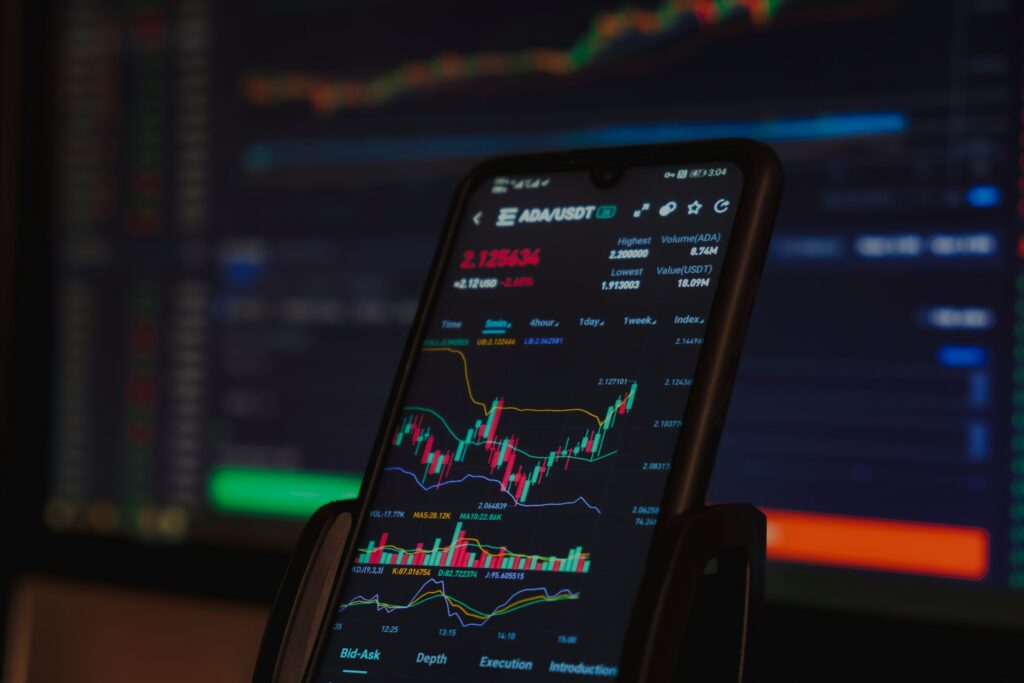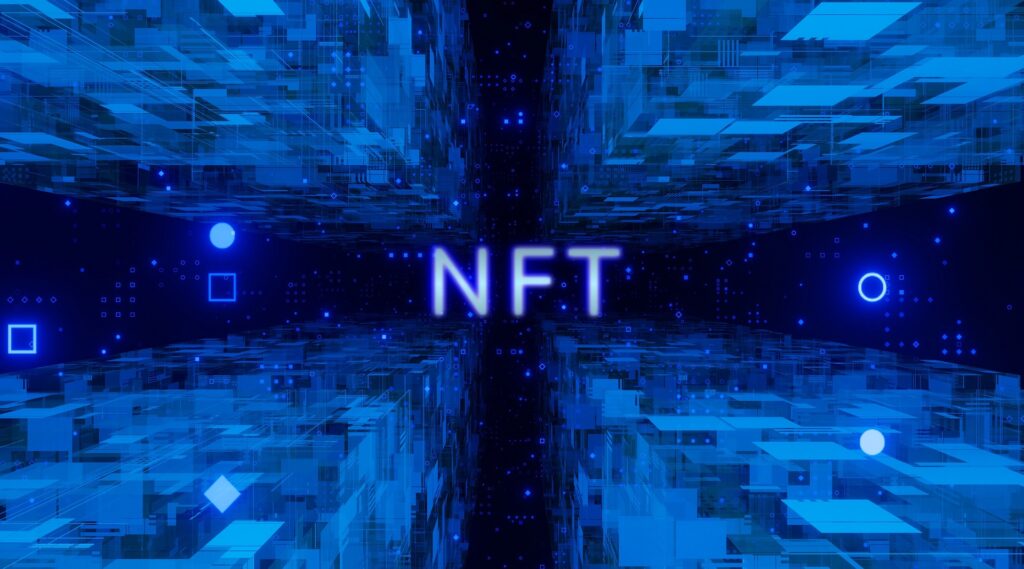When I first started trading crypto, I had a tough choice. Should I go with a centralized exchange like Binance for ease of use, or try a decentralized one like Uniswap for privacy and control? Like many beginners, I chose the centralized route. But a few months later, when I read about wallets being frozen and hacks on centralized platforms, I got anxious. That’s when I stumbled on something new: Hybrid Crypto Exchanges.
If you’ve ever felt stuck between the convenience of centralized exchanges (CEXs) and the freedom of decentralized exchanges (DEXs), hybrid exchanges might be what you’re looking for. They promise to combine the best of both worlds, solving many of the problems that traders like me (and maybe you) often face.
In this post, I’ll break down what hybrid crypto exchanges are, how they work, their pros and cons, and whether they’re worth trying in 2025 and beyond!
What are Hybrid Exchanges in crypto?
To understand hybrid exchanges, let’s quickly recap the other two.
- Centralized exchanges (CEXs): These are platforms like Binance, Coinbase, or Kraken. They’re easy to use, fast, and usually have high liquidity. But the exchange controls your funds, which means you don’t fully “own” your crypto.
- Decentralized exchanges (DEXs): These include platforms like Uniswap and PancakeSwap. They let you trade directly from your wallet without giving custody of your coins to anyone else. However, they often come with lower liquidity, slower execution, and a steeper learning curve for beginners.
Hybrid exchanges attempt to merge the two. They give you the speed, liquidity, and user-friendly interface of a CEX while also allowing you to retain custody of your funds, much like a DEX.
Think of it like online shopping with “cash on delivery.” You enjoy the smooth experience of browsing and checkout, but you still have control over your money until the product arrives.
How do Hybrid Exchanges work?
Hybrid exchanges typically use technologies like:
- Non-custodial wallets: You connect your own wallet, so the exchange never takes permanent control of your funds.
- Order matching engines: They use centralized servers to match buy and sell orders instantly, which avoids the lag that often comes with DEXs.
- Smart contracts: Once a trade is matched, smart contracts handle settlement directly on the blockchain.
This combination ensures you don’t have to choose between usability and security.
Pros and cons of Hybrid Exchanges
Like anything in crypto, hybrid exchanges aren’t perfect. Here’s a quick look at the main advantages and disadvantages.
| Pros | Cons |
|---|---|
| You keep custody of your funds | Still relatively new, not many options available |
| Faster transactions compared to most DEXs | May have higher fees than pure CEXs |
| High liquidity from centralized systems | Not as beginner-friendly as CEXs |
| More transparent settlement through blockchain | Regulatory uncertainty in some regions |
From my experience, the biggest win is peace of mind. When using a hybrid exchange, I don’t feel like I’m gambling with the safety of my funds, but I also don’t lose out on speed like I do on some DEXs!
Why are people shifting towards hybrid models?
I came across a Reddit thread where a user shared how they lost a big chunk of funds because their centralized exchange froze withdrawals during a market crash. Many others chimed in with similar stories. That’s a nightmare situation. Hybrid exchanges tackle this by letting users stay in control.
Another interesting point is that many traders on Quora mention how frustrating DEX interfaces are. They often require connecting multiple wallets, dealing with gas fees, and navigating confusing liquidity pools. Hybrid exchanges smooth out these pain points.
So, the growing interest isn’t just hype. It’s people genuinely looking for a balance.
Popular Hybrid Exchanges to check out
While the space is still evolving, here are some names making waves in the hybrid exchange category:
- Qurrex – Often credited as one of the early players, it tried to build a professional-grade exchange with a hybrid architecture.
- Eidoo Hybrid Exchange – Known for giving users full control of private keys while maintaining centralized order books.
- Legolas Exchange – Focused heavily on transparency and eliminating manipulation in order books.
- Blocknet – A decentralized network that also supports hybrid models for interoperability.
Since this is still a relatively new area, always do your research before jumping in. Check liquidity, security history, and the community’s trust in the platform.
Are Hybrid Exchanges the future?
The crypto world moves fast. Just a few years ago, nobody thought NFTs would explode like they did. Similarly, hybrid exchanges could be the next big thing as people get tired of the risks on both extremes.
- If centralized exchanges tighten regulations further, more traders may move to hybrids for flexibility.
- If decentralized exchanges struggle with scaling and user experience, hybrids will look more appealing.
- With more institutions entering crypto, hybrids could offer the balance they need between compliance and security.
It reminds me of when online payments were evolving. In the early days, people either used banks (trusted but slow) or PayPal-like services (fast but less secure). Over time, we got systems that merged the two. Crypto could follow the same path.
So, are hybrid crypto exchanges worth your time? I’d say yes, especially if you want control of your funds without sacrificing speed. They aren’t perfect yet, but the direction looks promising!
If you’re a beginner, you might still find centralized exchanges easier to start with. But once you’re comfortable, exploring hybrids can give you more control and peace of mind.
One exciting development to watch is layer-2 scaling solutions being integrated into hybrids. Imagine lightning-fast trades, low fees, and full control of your crypto, all in one platform. That’s where the future seems to be heading.
For me, hybrid exchanges feel like the middle ground crypto has been missing for years. If you’ve ever been caught between the fear of losing your funds on a CEX and the frustration of using a DEX, then hybrids might just be the sweet spot!
With over five years of experience in the tech industry, Kazim excels at simplifying complex topics, making them accessible to tech enthusiasts and general readers alike.
He has contributed to several renowned publications worldwide, including WindowsReport and Allthings.how, bringing insightful coverage of key developments in the field.
When he’s not writing, you’ll find Kazim planning weekend getaways or diving into tech verticals beyond his expertise.




